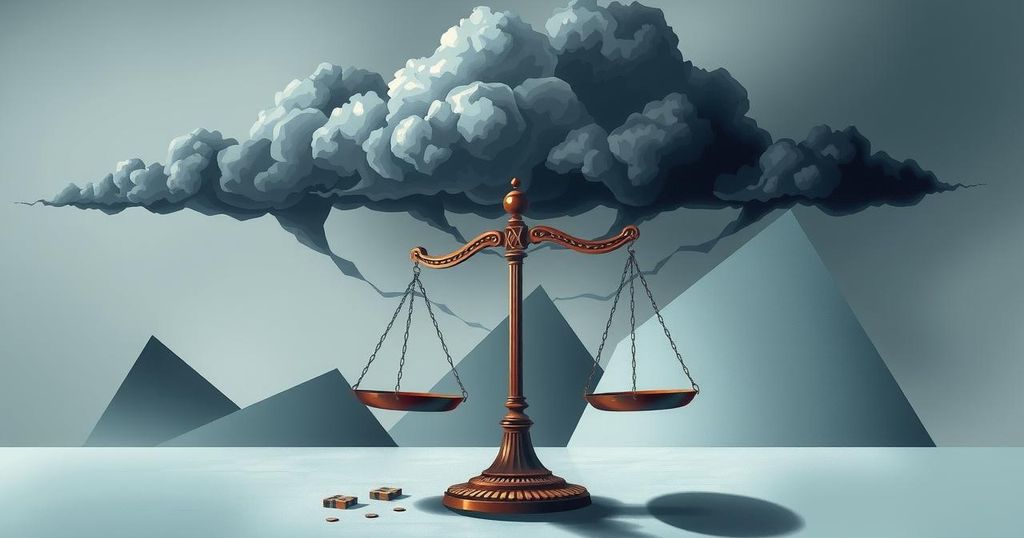Botswana’s Elections 2024 Audit: A Sharp Decline in Women’s Political Participation
A recent Gender Links report reveals a decline in women’s political representation in Botswana, citing an 8.7% parliamentary representation, the lowest in the SADC region. Despite more female candidates, only three secured parliamentary seats. While cabinet representation saw a marginal increase, significant media underrepresentation persists, emphasizing the need for reform to enhance women’s political participation.
Botswana, traditionally known for its stable democracy, faces significant challenges in women’s political participation, as highlighted by a recent study from Gender Links. The report reveals that following the historic victory of the Umbrella for Democratic Change (UDC), women’s representation in political decision-making has declined, prompting concerns regarding the true essence of democracy. Only three out of 28 female candidates secured seats in the National Assembly, leading to a concerning representation of merely 8.7% in parliament, the lowest within the Southern African Development Community (SADC) region.
The study indicates a troubling drop in women’s participation at the local level, which has fallen to 15%, despite a slight increase in cabinet representation from 17% to 22%. Over a 15-year period, women’s representation has fluctuated but is currently at its lowest, as traditional patterns discourage female engagement in governance. Alarmingly, this election cycle marked the first instance where there is only one woman serving as an assistant minister.
Mabetha Manteboheleng, the Women’s Political Participation manager at Gender Links, noted that the outcome underscores the ongoing struggle for gender equality, exacerbated by media representation issues that silence women’s voices during crucial electoral moments. The gender audit, part of the Enhancing the Inclusion of Women in Political Participation (WPP) project, aimed to build capacity for women in politics through training and mentorship.
Despite having over 100 women politicians participate in training academies, only one parliamentary candidate succeeded in the elections while five achieved council seats. Young activists represented Botswana at an international conference, emphasizing the potential for future growth within gender-inclusive politics. The 2024 national elections saw an increase in female candidates to 28, yet this did not translate into equivalent seat winnings, revealing a persistent disparity in women’s political representation.
Media representation also presents a stark issue, with women making up just 4% of sources in news coverage during the election period. This gender imbalance continues to silence women in political discourse, further hindering democratic inclusivity. Colleen Lowe Morna, a Special Advisor at Gender Links, remarked that this media portrayal is the worst observed in over twenty years of monitoring across Southern Africa.
The recent Gender Links report highlights a declining trend in women’s representation in Botswana’s political landscape, despite some slight improvements in visibility within the cabinet. The erosion of democratic norms pertaining to women’s involvement in decision-making underscores the need for effective strategies to promote gender equality. Furthermore, the alarming media bias against women’s narratives points to a systemic issue that requires immediate attention to foster an inclusive political environment.
Original Source: allafrica.com




Post Comment